Rhodiola rosea is a powerful herb that is classified as an adaptogen, anti-depressant and/or stimulant depending on how it is used. Rhodiola has historically been used for medicinal purposes in Iceland, Sweden, France, Russia and Greece and is native to the northern regions of Alaska, Europe and Asia. Adaptogens are substances that encourage the body’s physiology to return to a normal state after a stressor has been encountered. Adaptogens achieve this with various, non-specific effects within the body. Rhodiola rosea can be helpful in a variety of conditions including fatigue, anxiety, depression and burnout. Rhodiola can also be used to increase endurance, work capacity and memory.
Recent research suggests that rhodiola has beneficial effects in individuals with depression and/or fatigue. It is hypothesized that the herb and its active constituents, including salidroside and rodosin, act on the cellular level to mediate the stress response and mood. Rhodiola directly stimulates the release of norepinephrine (our “fight or flight” hormone), dopamine and serotonin (our happy hormones), which could partly explain the herb’s ability to act as a nootropic, stimulant, antidepressant and adaptogen. Research has identified at least 140 compounds in rhodiola with medicinal properties! The way these compounds interact with human physiology is complicated and more research is needed at this time. Herbs act synergistically and it is likely that these compounds work together to achieve the effects we see with Rhodiola.
There is also promising research regarding rhodiola’s ability to decrease anxiety. A 2008 study showed significant improvement in generalized anxiety disorder symptoms after participants took 340 mg of rhodiola rosea extract for a 10-week period. It is important to note, however, that rhodiola also has the potential to worsen anxiety symptoms.
It is possible that rhodiola’s ability to decrease stress and cortisol release also helps with weight loss. Cortisol can lead to insulin resistance, increased abdominal fat, poor sleep and sugar and carbohydrate cravings when in excess. Furthermore, rhodiola contains rosavin which may contribute to a decrease in visceral fat, as was observed in a 2013 animal study.
Rhodiola rosea has also been used to increase exercise performance, particularly endurance type exercise. A study conducted by Noreen et al found that acute ingestion of 3mg/kg of rhodiola rosea one hour before exercise resulted in a significant decrease in heart rate and increase in biking speed during a 6-mile time trial on a bicycle ergometer when compared to ingestion of a carbohydrate placebo. These findings suggest that exercise performance is improved with acute ingestion of rhodiola rosea, possibly due to a decreased perception of effort by the participant.
Rhodiola is a stimulant and can therefore cause overstimulation and sleep disturbance with excessive use. It may also increase blood pressure, cause dry mouth or dizziness or worsen anxiety in some individuals. Rhodiola is contraindicated in individuals with bipolar disorder. It should not be used in combination with tricyclic antidepressants as it has a synergistic effect with this type of medication. Furthermore, rhodiola may and interrupt sleep patterns.
When looking for a rhodiola supplement, it is important to choose a brand that has been vetted for quality with third party testing. Many companies make false claims about their ingredients or the amounts of ingredients their products contain. Third party testing gives an unbiased assessment of the quality and contents of a product. It is also important to discuss whether rhodiola supplementation is safe and indicated for your with your trusted healthcare provider!
References:
- Bystritsky, A, Kerwin, L and Feusner, JD. A pilot study of Rhodiola rosea (Rhodax) for generalized anxiety disorder (GAD). Journal of Alternative and Complementary Medicine. 2008. 14(2): 175-80.
- Verpeut, Jessica L, Walters, Amy L and Bello, Nicholas, T. Citrus aurantium and rhodiola rosea in combination reduce visceral white adipose tissue and increase hypothalamic norepinephrine in a rat model of diet-induced adiposity. Nutrition Research. 2013. 33(6).
- Amsterdam, Jay D and Panossian, Alexander, G. Rhodiola Rosea as a putative botanical antidepressant. Phytomedicine. 2016. 23(7): 770-783.
- Jowko, Ewa, et al. Effects of Rhodiola rosea supplementation on mental performance, physical capacity, and oxidative stress biomarkers in health men. Journal of Sport and Health Science. 2018. 7: 473-480.
- Noreen, Eric et al. The Effects of An Acute Dose of Rhodiola rosea on Endurance Exercise Performance. Journal of Strength and Conditioning Research. 2013. 27(3): 839-847.

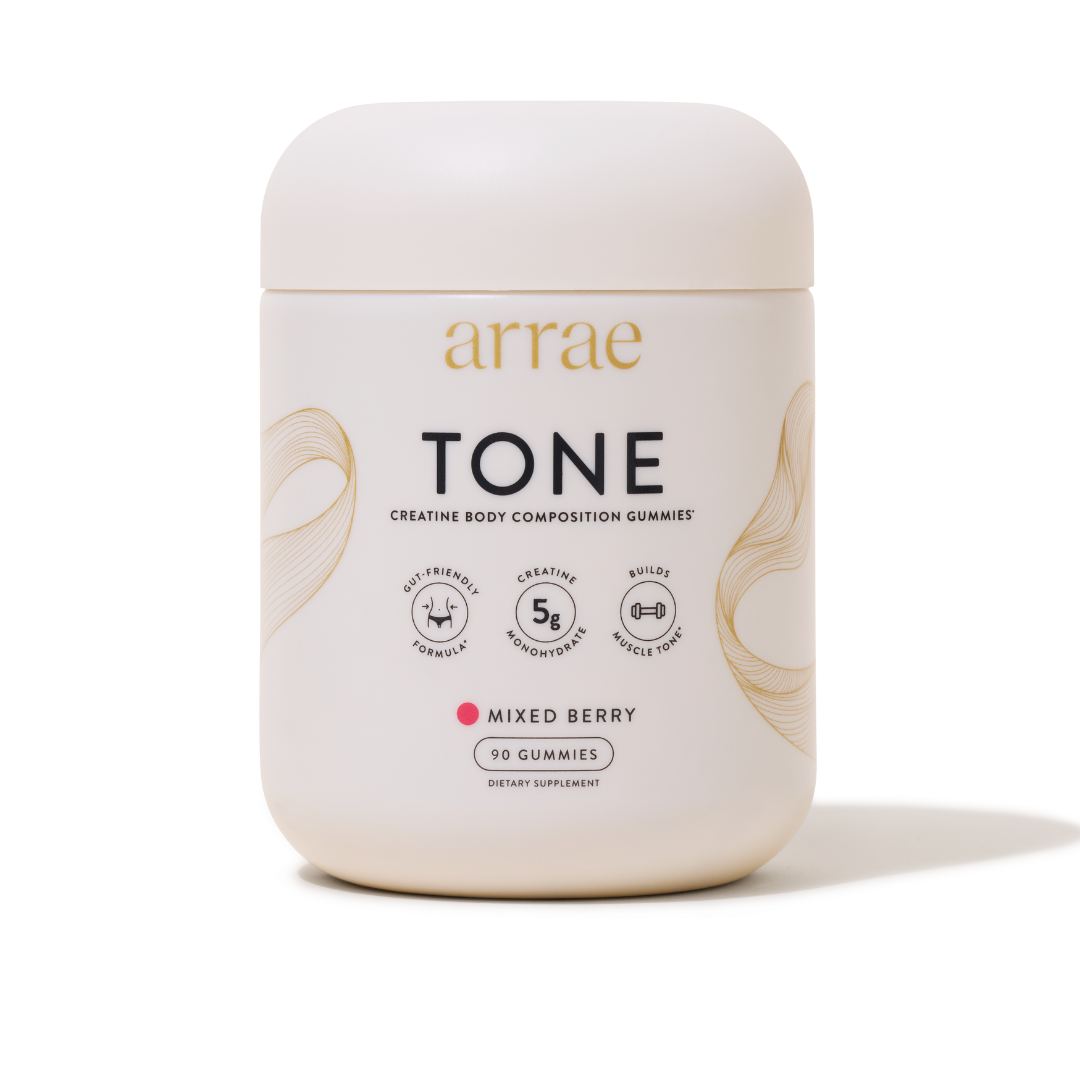
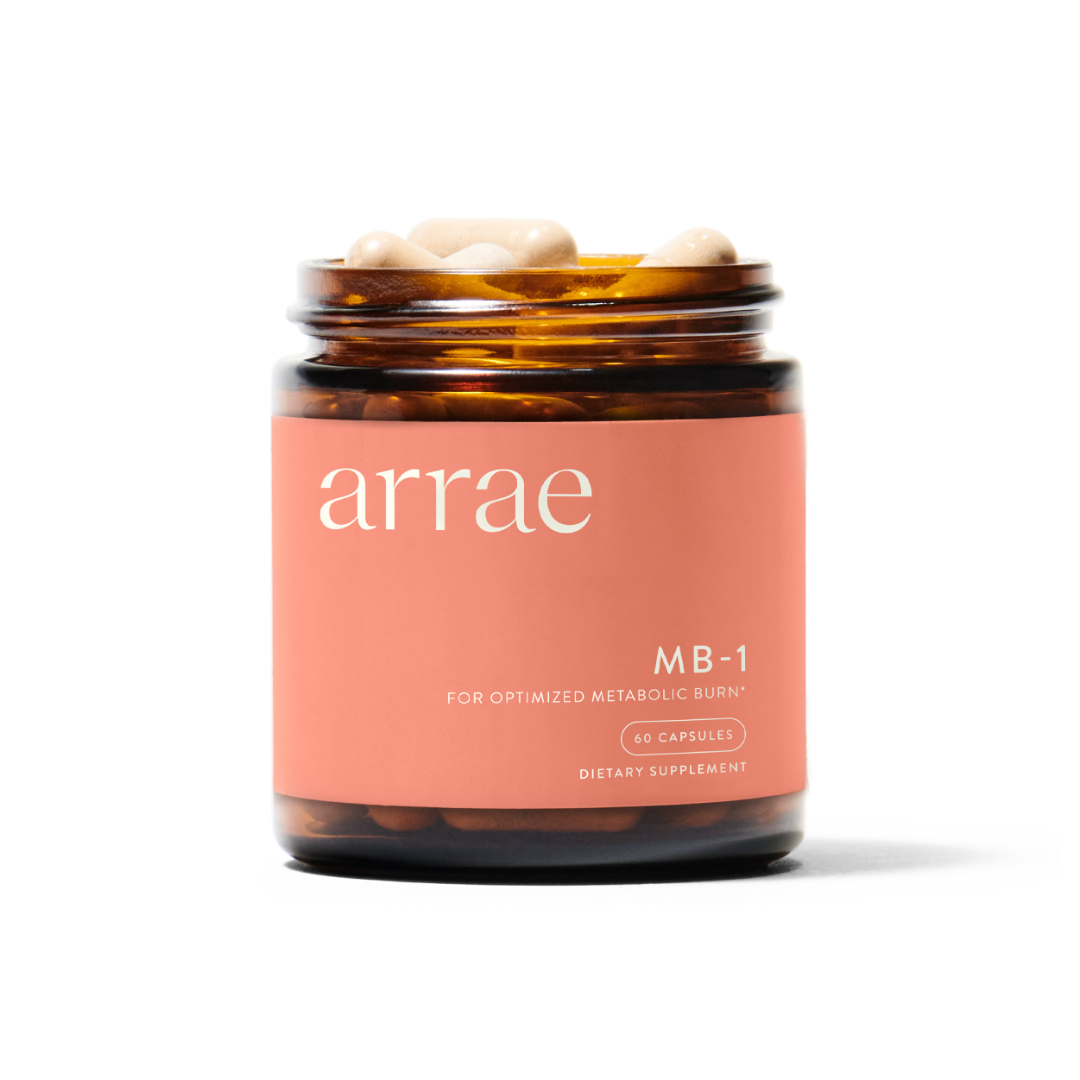
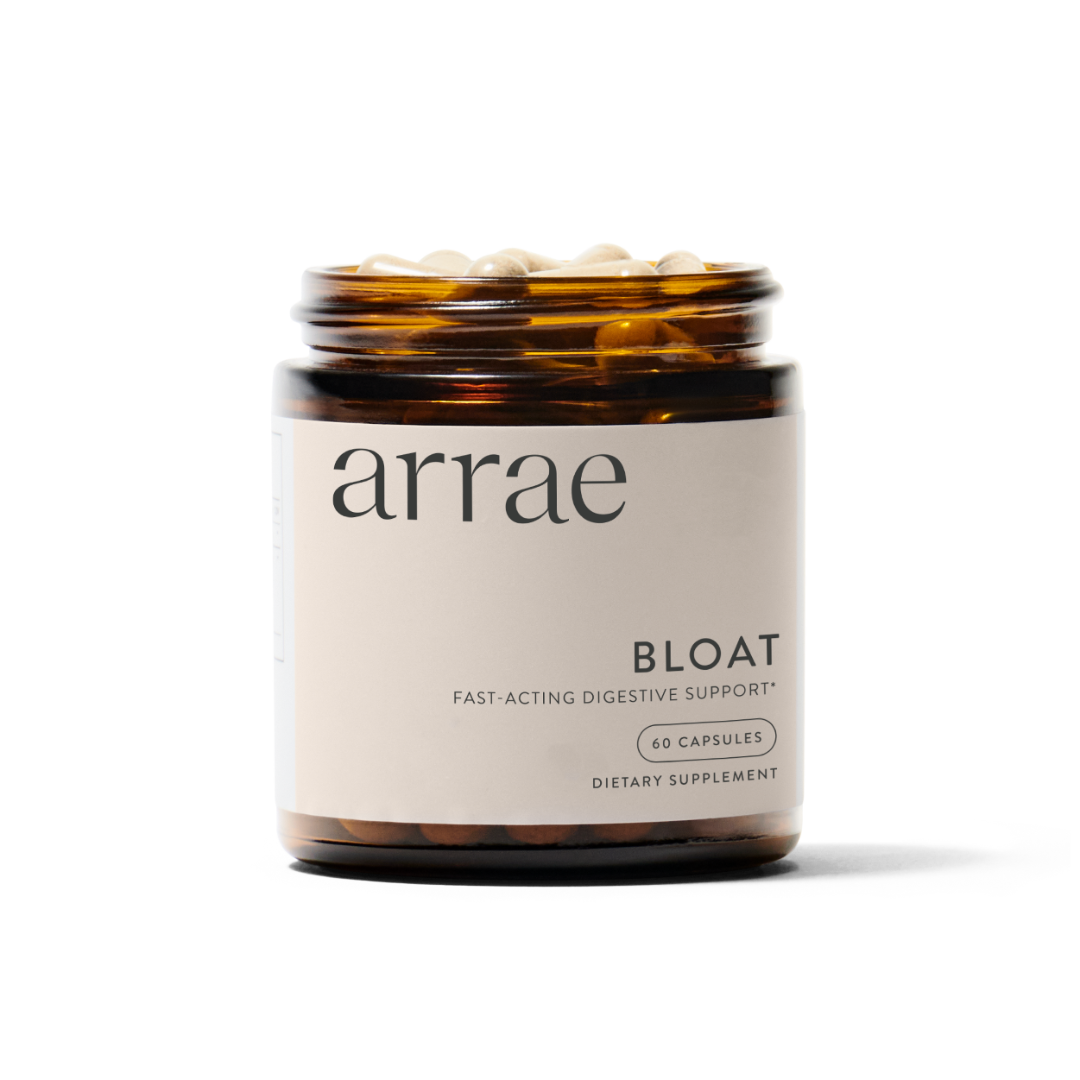
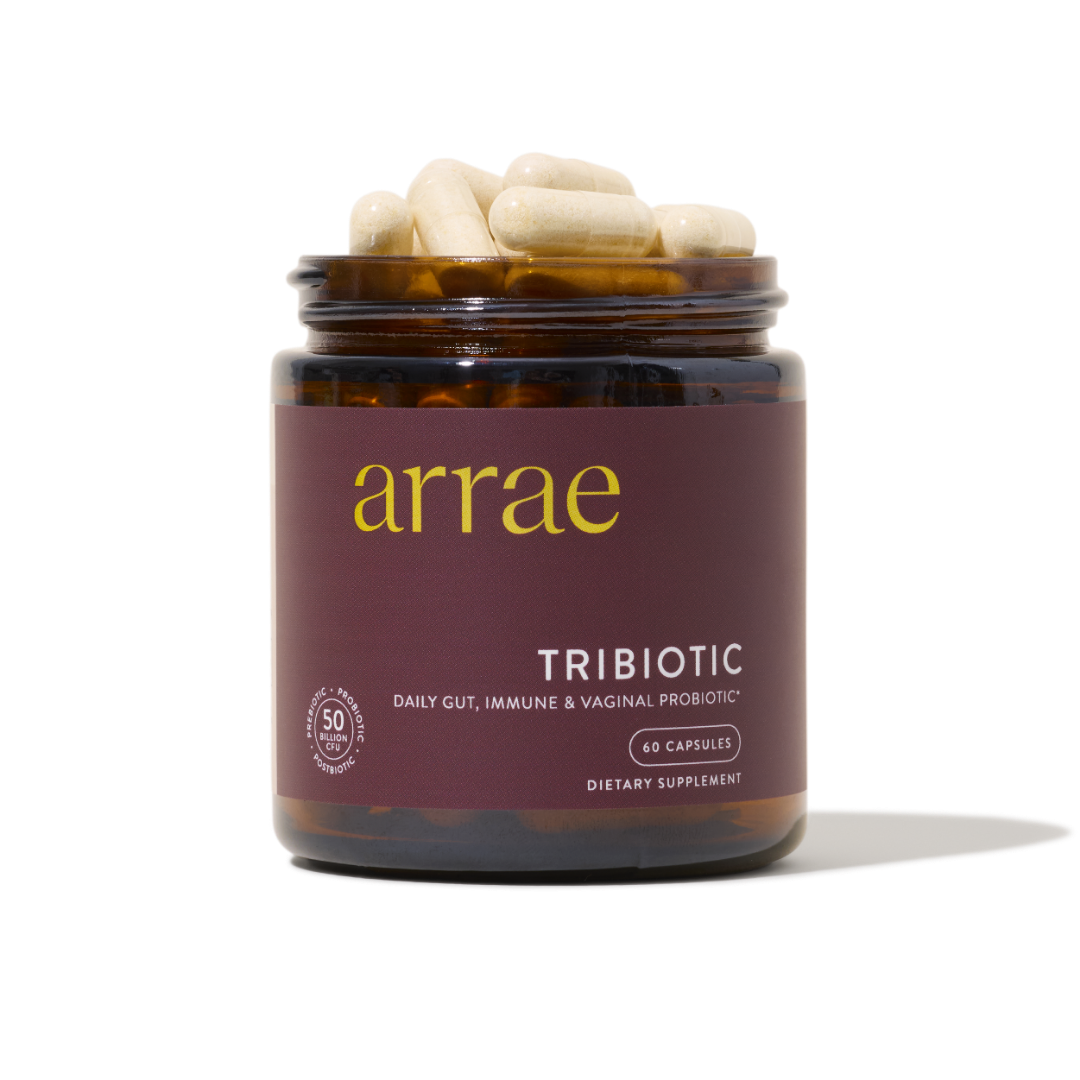
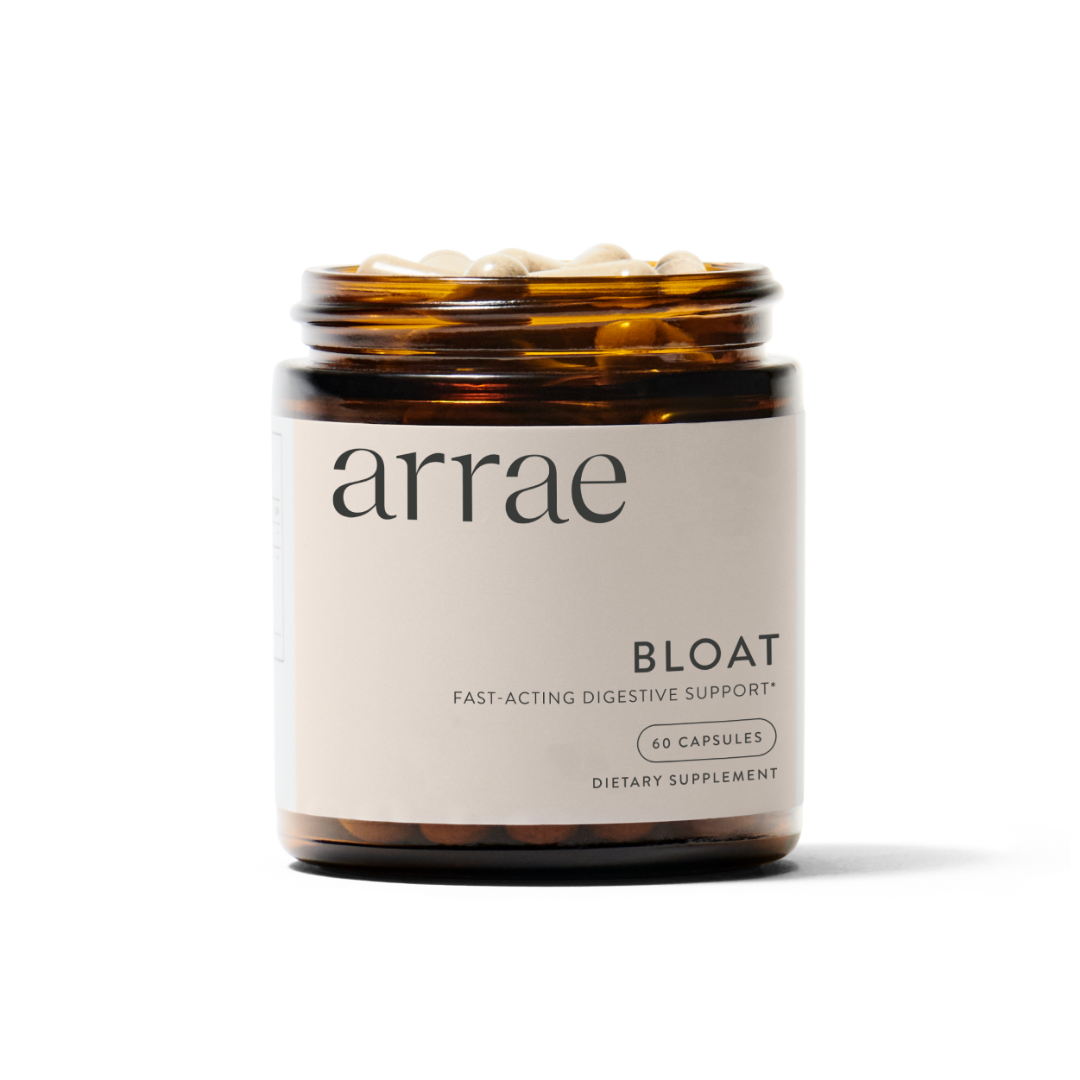
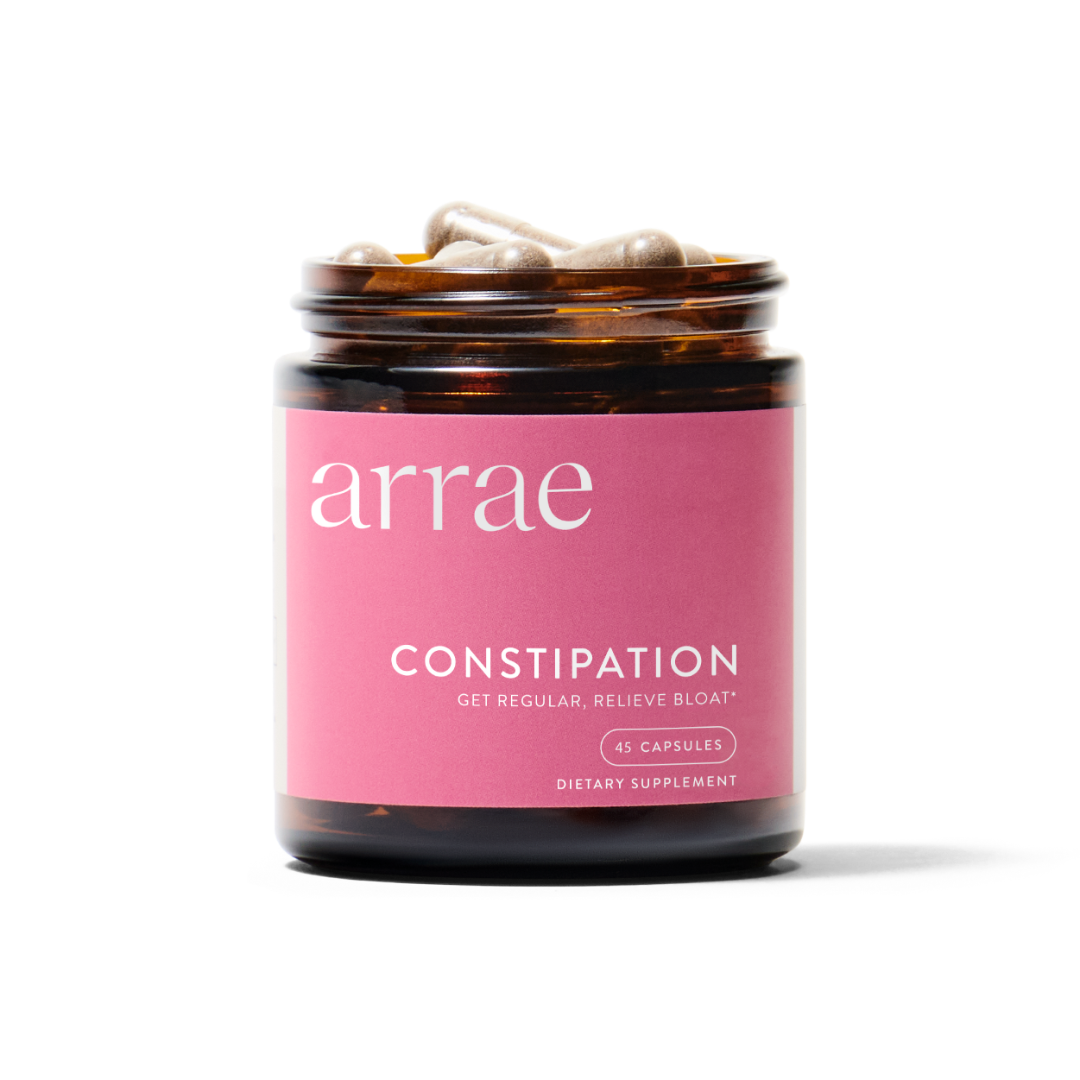

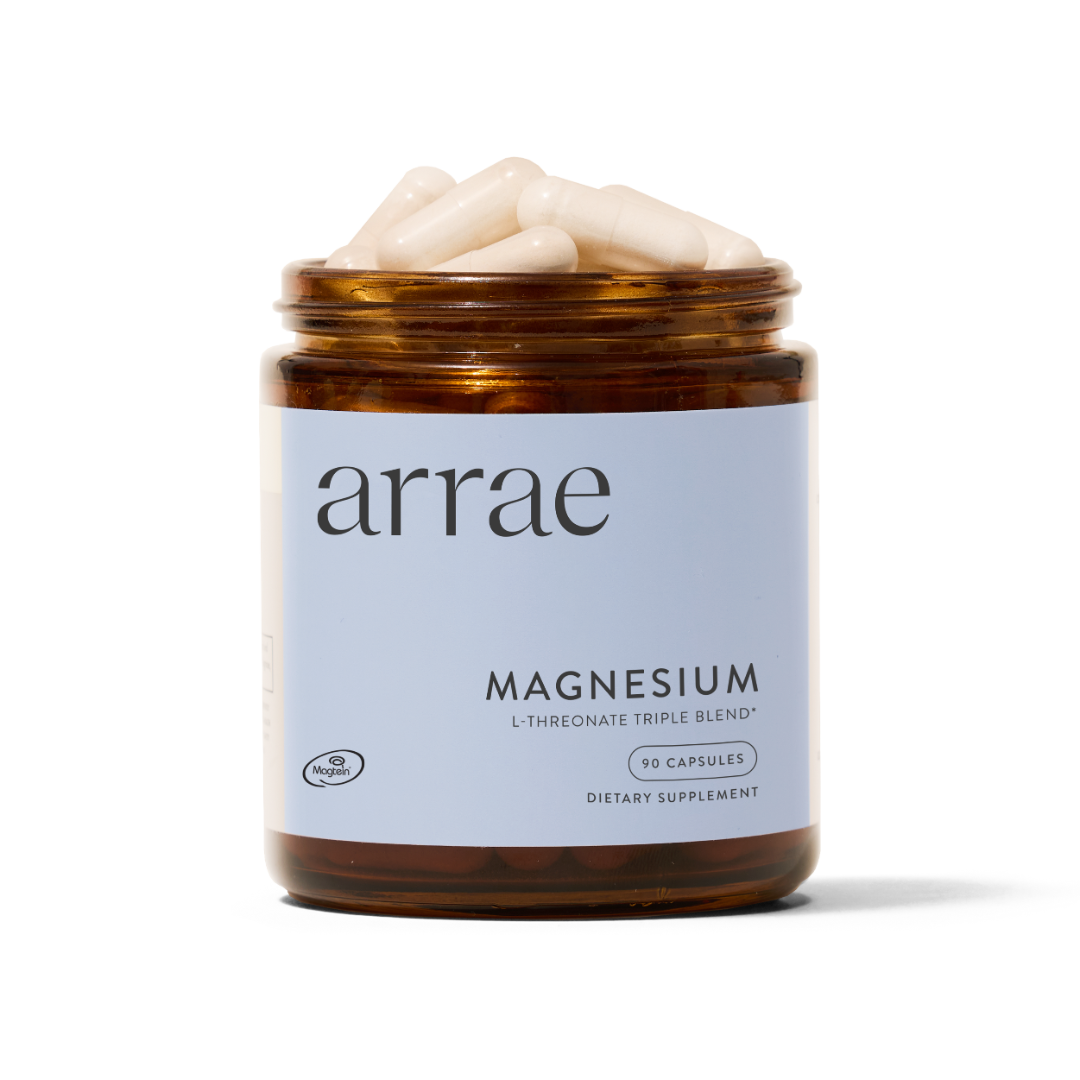
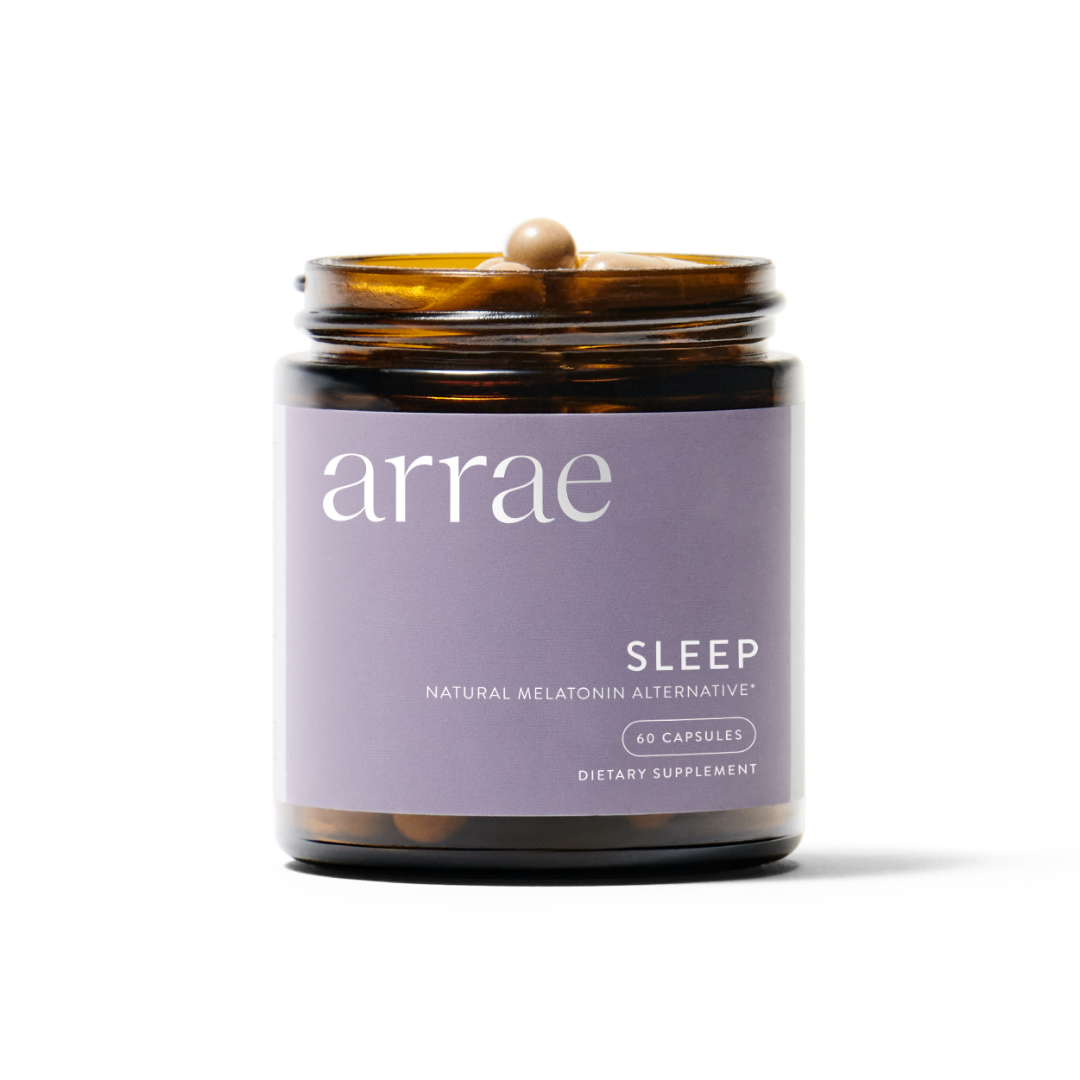
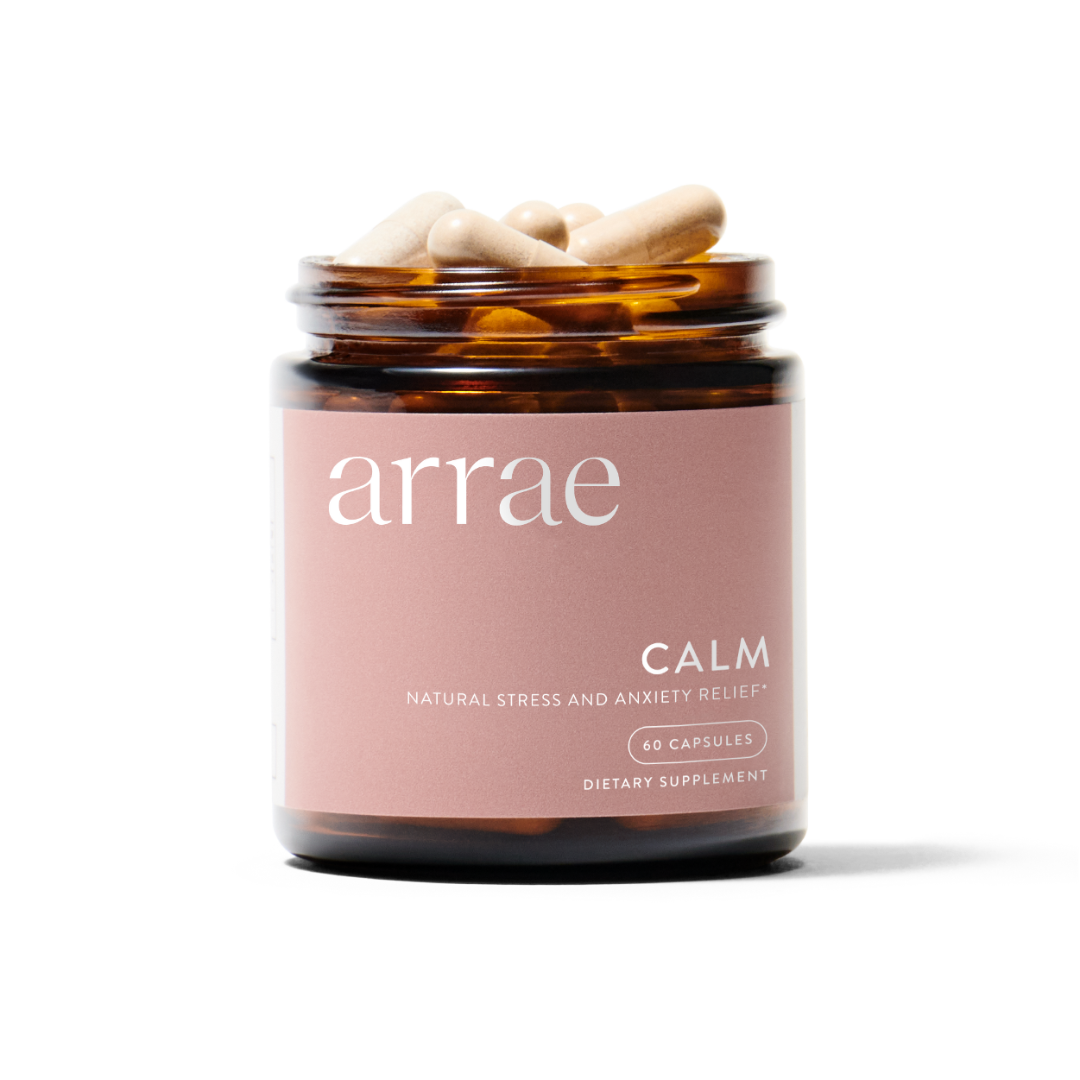
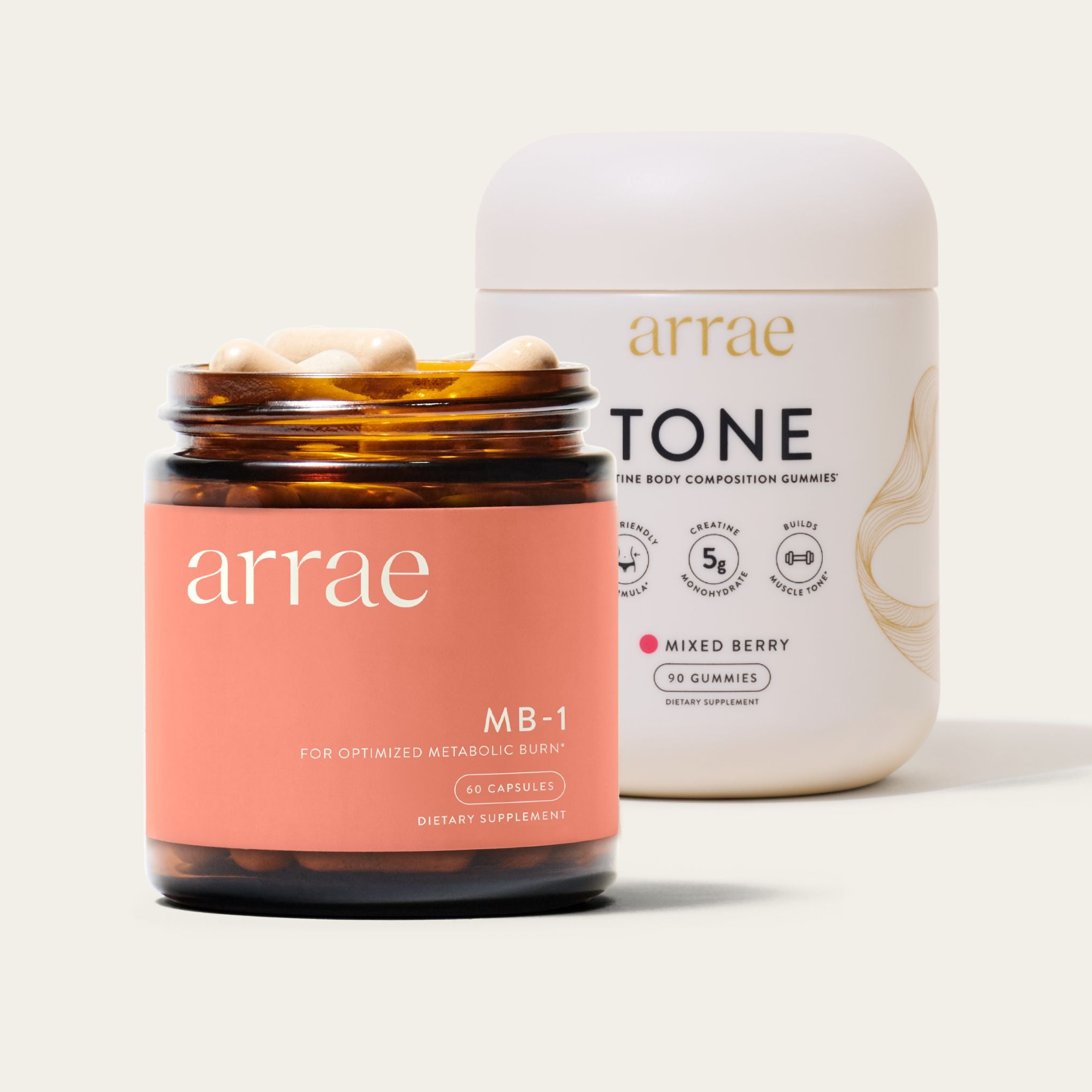
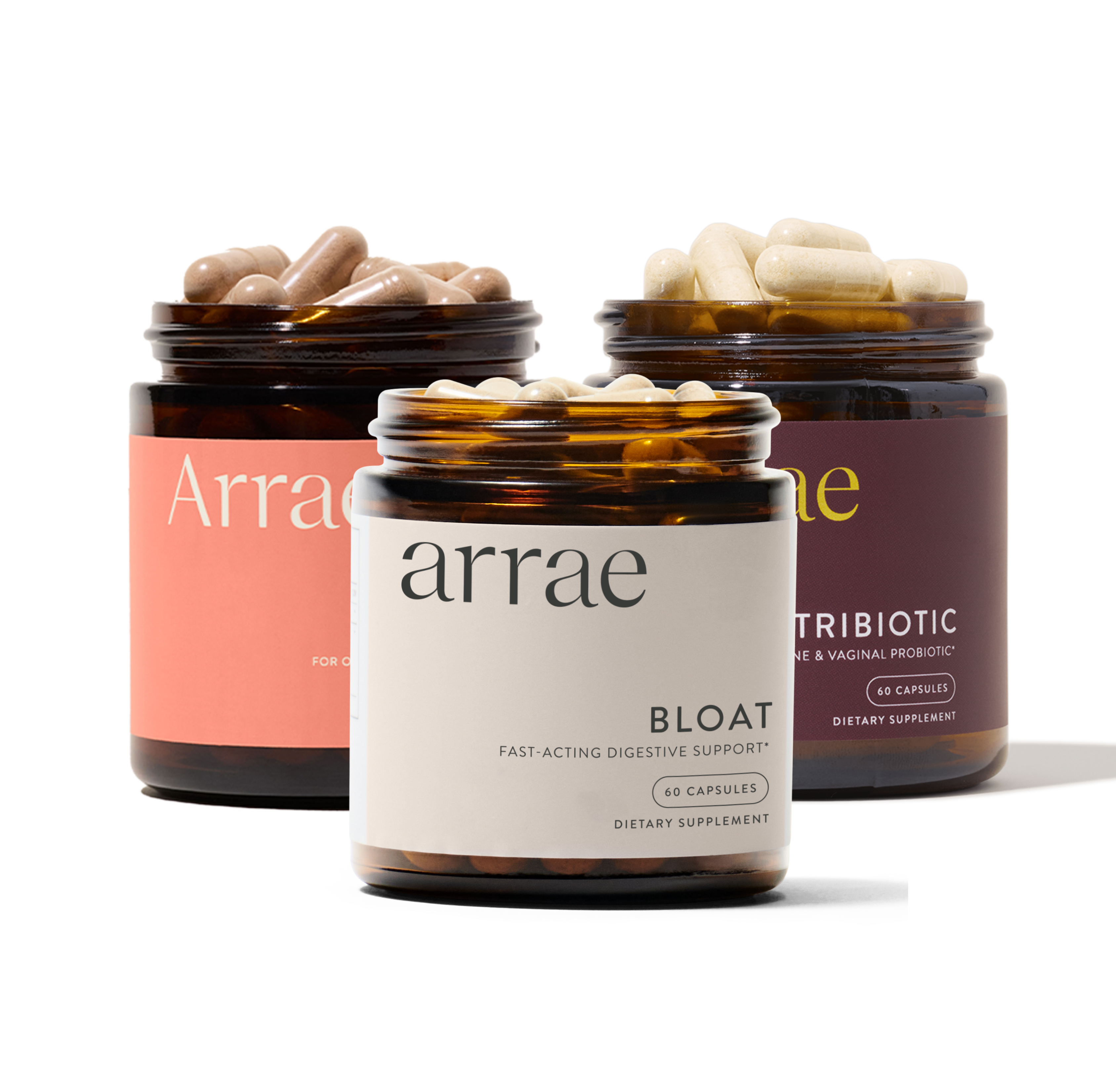
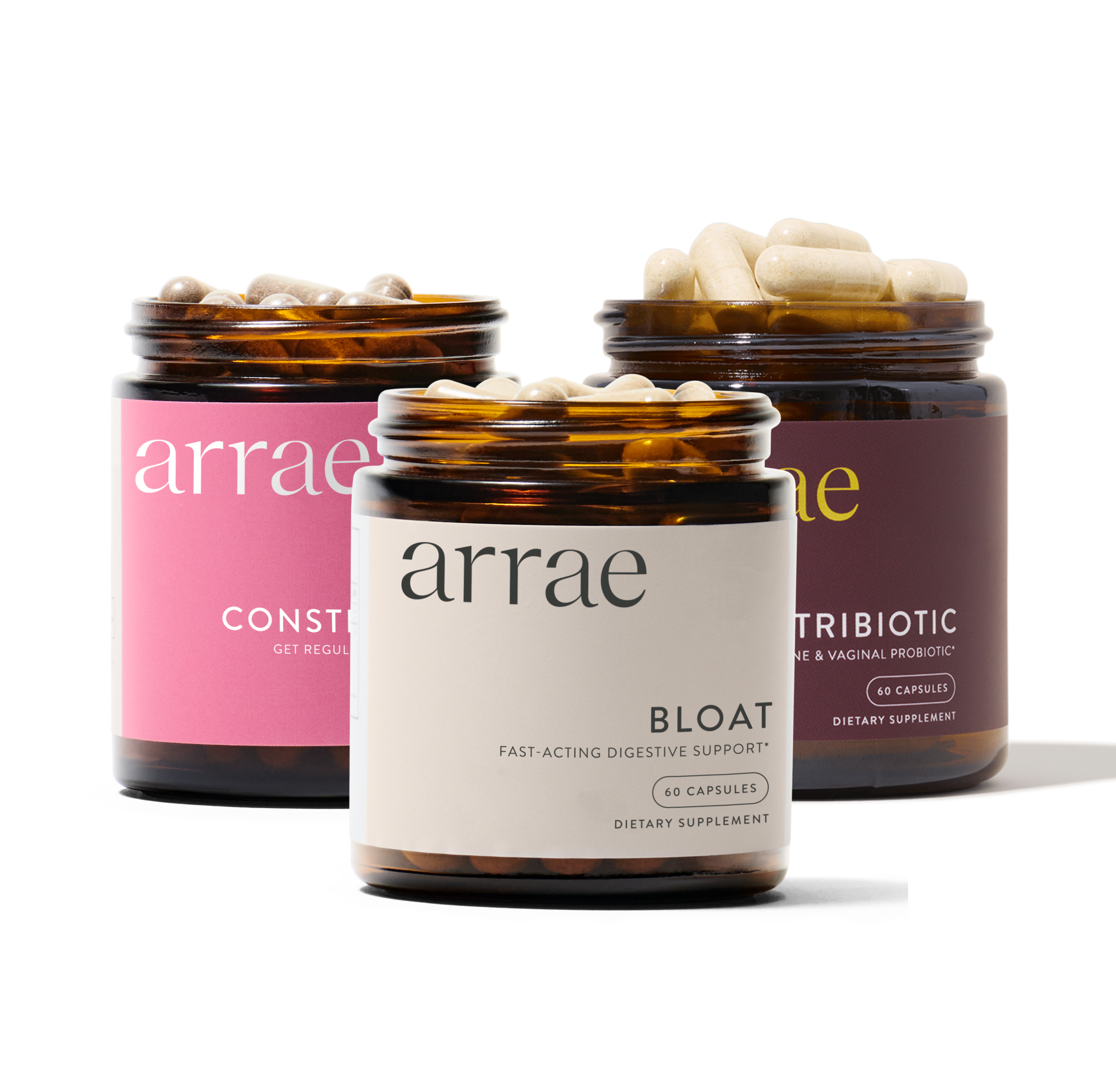






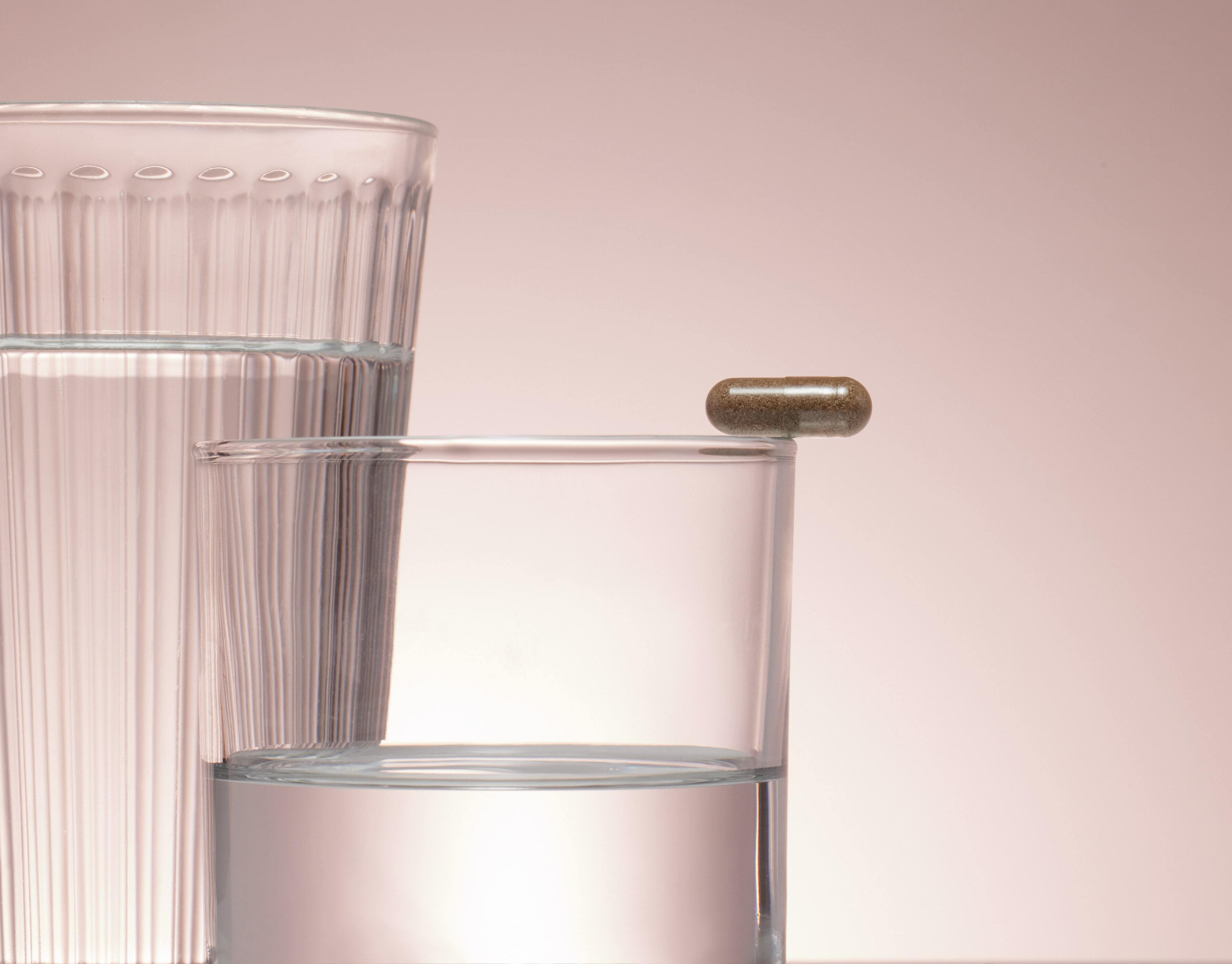

 Instagram
Instagram TikTok
TikTok Youtube
Youtube Facebook
Facebook Email
Email